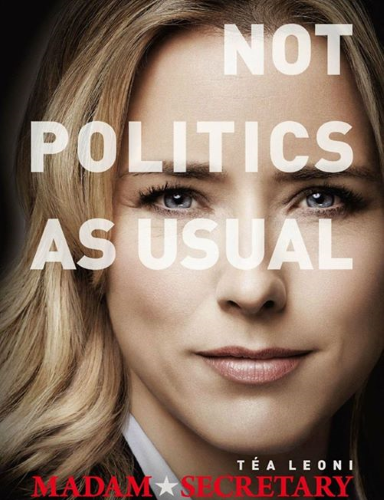Right now there is a battle raging on that few of us are aware of. It is for one thing only, and that is control over the Internet, control over communications between people, whether it is a discussion about a two tiered Internet, one free and one paid, or a ban instituted by a government or another on sites that are considered bad for you. It started as it usually does, with governments and corporations trying to get as much of the pie as possible. Only something was different: the Internet is so basic, so flexible, that the companies regulating its use and owning the hardware it runs on cannot control its flow or its direction. And as great strides have been made by intelligence and commercial entities alike to control the content and to track the use, equally great strides have been made by individuals to conceal the use and escape monitoring and censorship. The biggest and most touted mechanism that allows anonymity on the Internet is called TOR, The Onion Router, and its concept is simple: encrypt all communications and randomly route requests through the TOR nodes so that the origin of the access is next to impossible to find. There are other, less known methods of doing this, but TOR is the most used and the most known. It is mostly used as a proxy to anonymize normal Internet access, though, and very few people are actually using TOR to access TOR services only.
I am here to tell you that, first, TOR is not enough and, second, that no other software will ever be enough for this kind of use. You see, the TOR nodes I was talking about are people using TOR on their computers and allowing other people to access the "normal" Internet through them. A lot of the TOR exit nodes that are the border of the anonymous TOR world and the transparent Internet, are actually heavily monitored by everyone interested, if not actually ran by them from the beginning. Like in an old example where the FBI was running an IP anonymizing proxy, those exit points are the weak spot of the TOR network. Another flaw is the fact that it works as a proxy for normal IP protocols. Some software (Bittorrent, for example) is openly sending the originating IP in their data, so it doesn't matter if you go through TOR to download stuff, your IP is still there for the world to see. Since you cannot trust all software than runs on your computer, you cannot completely trust using TOR as a proxy for anonymous Internet access.
The solution, I believe, is to implement the anonymizing and encryption features in the Internet itself. Make it so that there is no address for any of its users, or if it is, it is something temporary that you assigned for a connection or another and can be easily recreated and changed. Do it in such a manner that no one will be able to control the DNS servers and the naming schemes, so that you can call your web site whatever you want and not have to pay for it and be able to host it without broadcasting to the world where you are. The problems in implementing this are major, but not insurmountable. One of them is that encryption and complicated routing are significantly decreasing access time. However, given the speed of Internet today, that is not really a big problem anymore.
My thesis is that if freedom of speech, true freedom of speech, is implemented in a technical way, unbiased by any other rule than that you are free to communicate without fear, then no amount of intimidation will be able to break it. As always when human politics have encroached in the territory of personal freedom, the only solution is usually technical, at least since Gutenberg made his printing press and probably way before that.
I am myself not skilled enough to think of all the aspects of such a new protocol for the Internet. Also I am pretty sure that opposition will be huge against any attempt to do it. But what about if we, technical people, get together and make this work? Borrowing parts from the enormously successful TOR, Bittorrent, Bitcoin, we can architect freedom rather than just talk about it in the context of some war or another. Think about it the next time when, in your free country, you get arrested for saying what you believe in or sharing what you know or trying to access a site and finding that it is not there anymore, not for you at least.
 The Martian is a short and easy to read book about a guy being abandoned on Mars by mistake. Andy Weir writes most of the book as the astronaut's log entries, but in a colloquial and funny way. I started reading the book since there are a lot of people that praised it and there is also a Ridley Scott movie being made from the book. I hope it won't suck (*cough*Interstellar*cough*).
The Martian is a short and easy to read book about a guy being abandoned on Mars by mistake. Andy Weir writes most of the book as the astronaut's log entries, but in a colloquial and funny way. I started reading the book since there are a lot of people that praised it and there is also a Ridley Scott movie being made from the book. I hope it won't suck (*cough*Interstellar*cough*).









